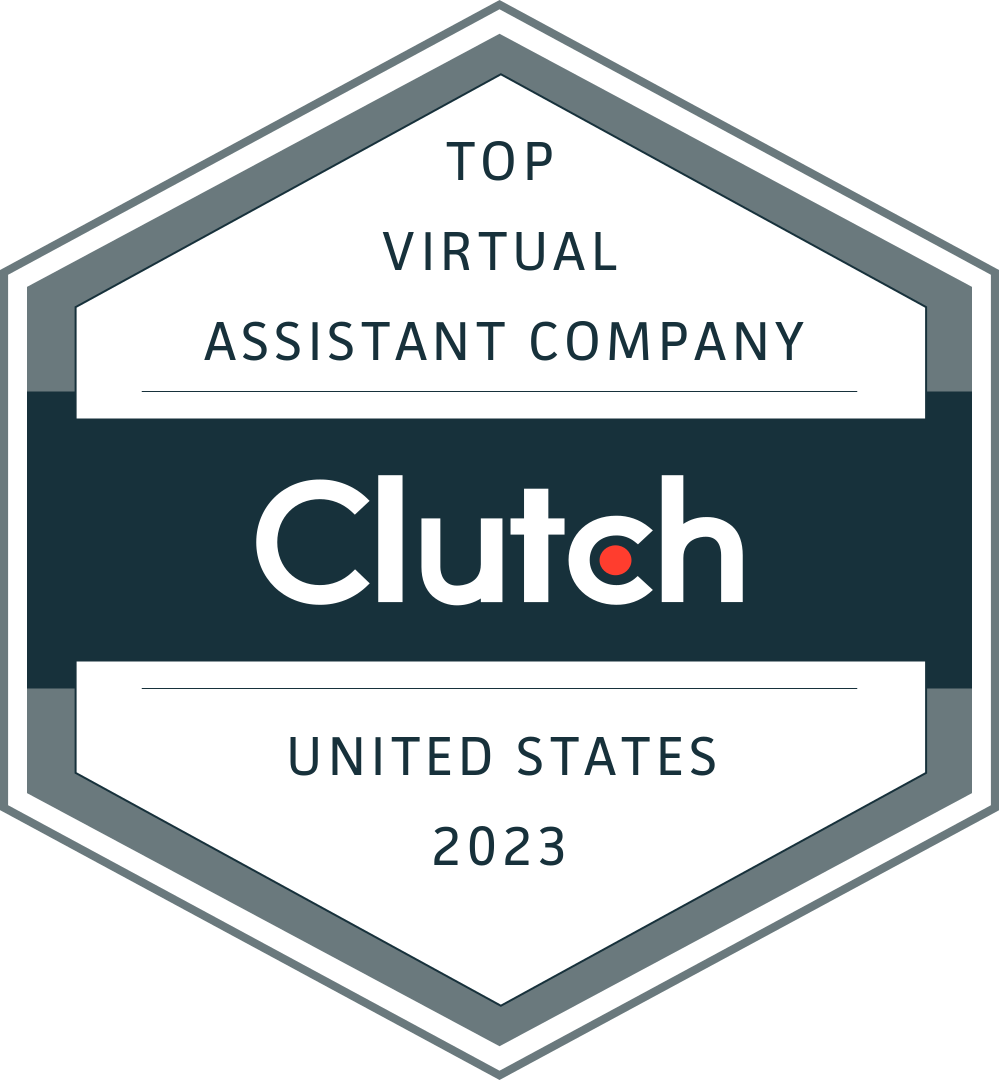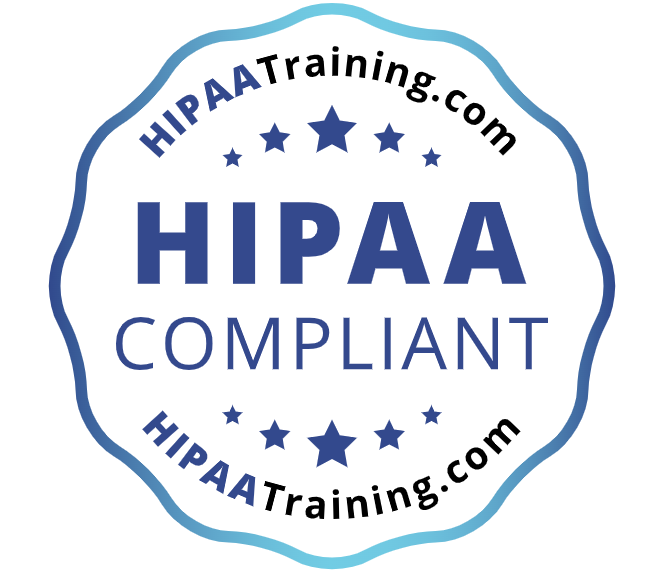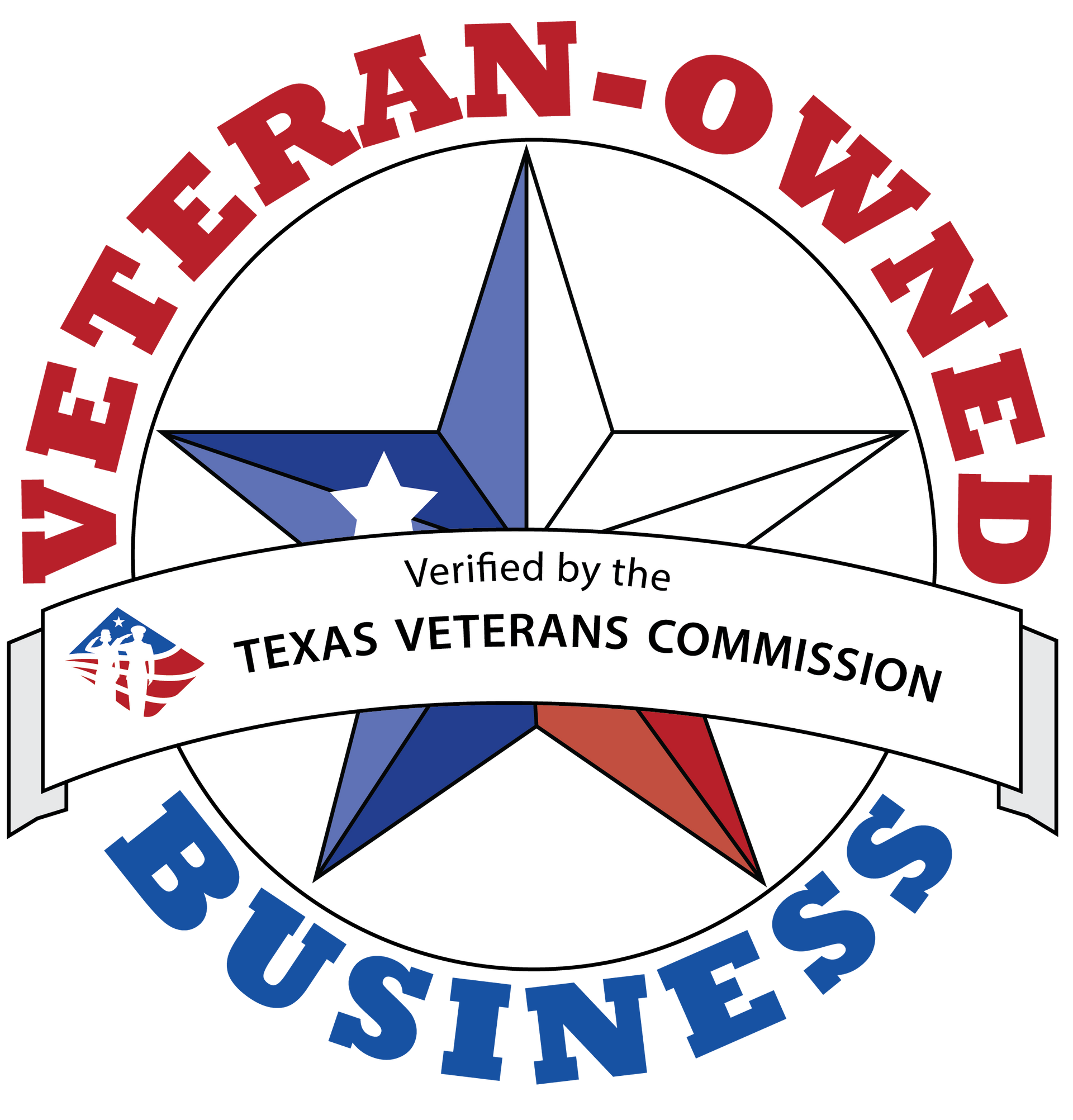Automation: Taking the Ugh out of Your Tasks
This is a subtitle for your new post

When you think automation, do you think of super fancy things like robots making your bed, cooking your food, etc? Or maybe software that automatically sends emails based on preset criteria? Yes, those are both automation. But I would argue automation is even simpler than that.
Let’s redefine automation
Merriam-Webster dictionary defines automation as:
A. largely or wholly involuntary
B. acting or done spontaneously or unconsciously
2. Having a self-acting or self-regulatory mechanism
My favorite of those is “done spontaneously or unconsciously.” A robot or software certainly takes care of tasks spontaneously or unconsciously (to you). I define automation as: one less decision or action you, the business owner. needs to take. Automation can be an app, software, or even another person that makes the task seem automatic to you. Basically, automation reduces decision fatigue because it’s being done spontaneously or unconsciously to you!
Can you automate laundry detergent?
This may not seem like a big deal to a lot of people, but it is a great example of this point. We all do laundry differently, but we each do it the same way each time. That usually includes measuring out the amount of detergent you think necessary. It may be you dump some into the machine, or you measure into the cup per the size load, or somewhere in between. On the whole, that is likely inefficient: either a lot of detergent is wasted or clothes are not as clean as they could be.
When detergent pods came on to the market, it took away the need for that decision. Now people do not need to spend energy deciding how much detergent to use (even if the energy was a super small amount), because the detergent pod is pre-set. Basically, it has become automatic.
Keeping with the laundry example, choosing how much detergent to use is now automated by the detergent pods. Having someone else do your laundry for you is an example of delegation. Whether you drop it off at a laundry service or a housekeeper does it in your home, you are no longer doing laundry. Delegating laundry has made having clean clothes automatic. Even using a washing machine is a form of automation--it’s certainly more automatic than washing clothes by hand!
Notice whichever option you choose--using a washing machine or having someone else do your laundry-- reduces the amount of decisions you need to make. Therefore, the lower the amount of energy you spend on the action of getting clean clothes. Getting laundry off your plate frees up your energy to face other things. Think about tasks in your business, particularly the mundane tasks. How much energy would you have for tasks you actually enjoy if you were to make those automatic? Essentially, by automating those tasks that take more energy, you eliminate the "ugh" in your worklife.
Decision Fatigue
This is a common dilemma small business owners face. Because we keep many of our systems in our head, we constantly have to remind ourselves what actions to take and make decisions regarding those actions. A lot of times we are reinventing the wheel. And we underestimate how much energy it takes to complete them, because these tasks seem simple or mundane. This underestimation leads to decision fatigue which leads to less energy which leads to less fulfillment in your business. Again, the "ugh" factor creeps in when these tasks arise.
I confess that I have an overly complicated system for tracking hours clients have purchased from us.
I used to track all the hours purchased and use on a spreadsheet, but recently I created a database. I love the database and trust it. However, I have not given up on the spreadsheet because I love the equations I built to monitor the state of our business. Rather than spend the energy figuring out how to build those metrics in the database, I just continue to track hours in both places.
Time management is really energy management
Because I am using two separate systems to track purchases, I am often worried I forgot a step. Oh the energy going into double- and triple- checking! Finally, I built a checklist. It’s short and simple. Now when a client purchases hours, I add it to both databases, update the time sheet, let the Freedom Maker know, and thank the client. I follow the checklist and bam, it’s done in minutes. Maybe it only took a minute or two longer previously, but I certainly spend less energy since I’m no longer worried about whether I forgot a step.
So yes, I could be more efficient and combine the two systems into one, but being an effective business owner is never about being perfect. It’s about making incremental improvements so you can step forward little by little in your business. One day, I may get tired of tracking hours in two places and then I will combine them. Or another part of my business will consume too much energy and I will focus on improving that instead. It all comes down to managing your energy in the best way that works for you. What you choose to automate and how should be driven by what frees up your energy.
Check out www.Freedom-Makers.com for more helpful small business tips. And if you need help automating your business through delegating to a virtual assistant, contact Freedom Makers today!















